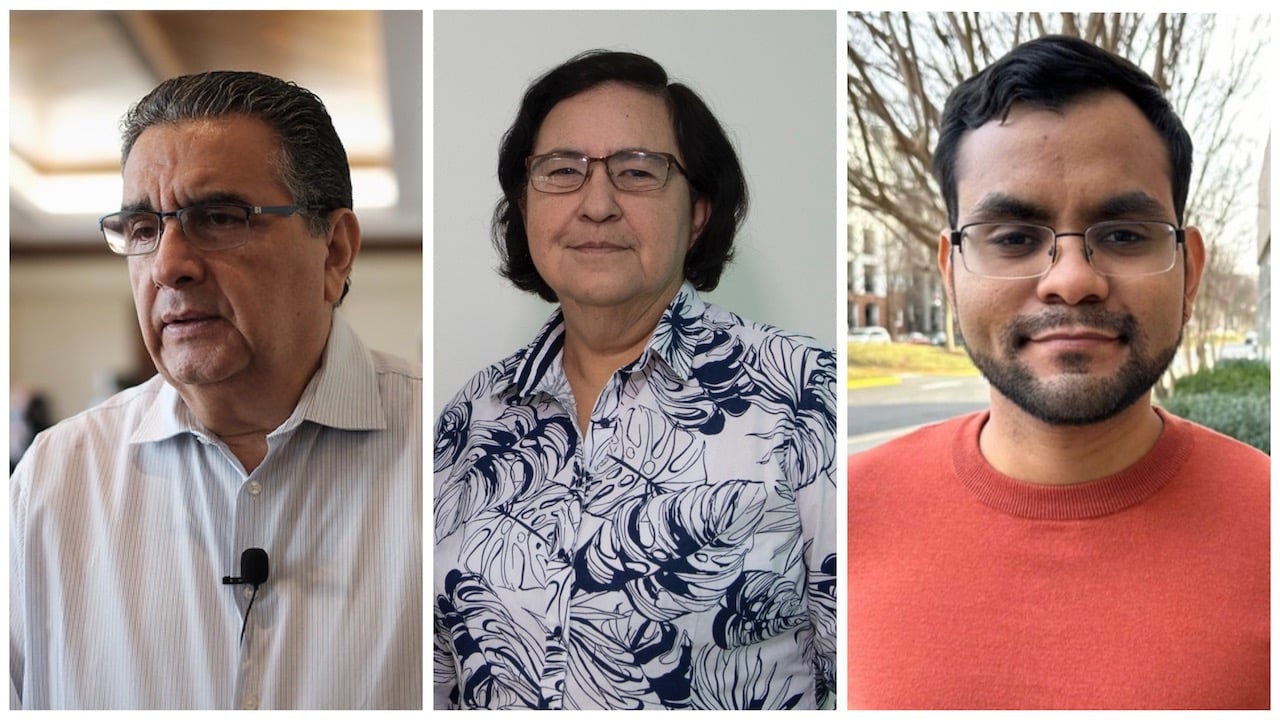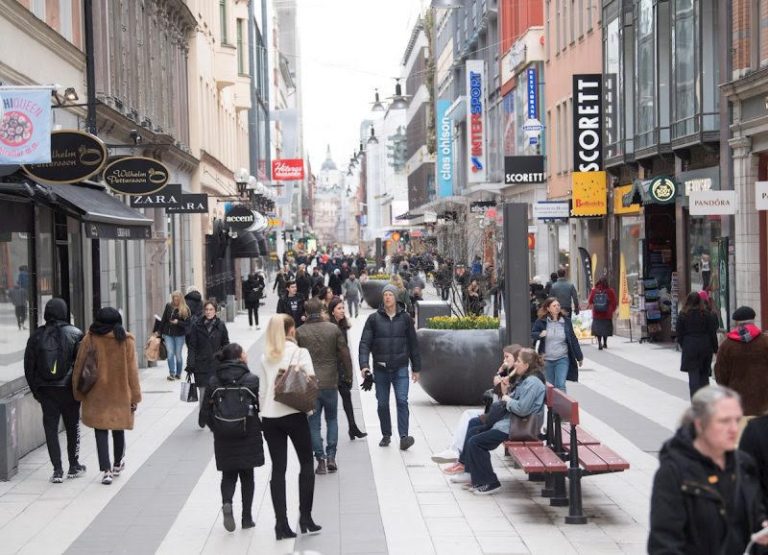28 de junio 2020

Dialogue and Elections: “The Peaceful Way Out of the Dictatorship”

PUBLICIDAD 1M
PUBLICIDAD 4D
PUBLICIDAD 5D
Amid much hope, the Coalition is just taking its first steps and must still resolve differences and reservations predating its founding.

In December of last year, the main civic movements formed during the April 2018 rebellion in Nicaragua, the Civic Alliance for Justice and Democracy (ACJD) and the National Blue and White Unity (UNAB) announced the “first step” towards the formation of a united Nicaraguan opposition. Spokespersons Juan Sebastian Chamorro for the ACJD, and Felix Maradiaga for the UNAB, defined the new alliance as the founding of a “non-electoral” political project, “broad and without exclusions,” to provide “democratic governance” to the country after dislodging the Ortega Murillo dictatorship from power.
Two months later, on February 25, 2020, in a commemoration of the electoral defeat of the FSLN in 1990 they called for the forming of a National Coalition with the participation the Civic Alliance, the Blue and White National Unity, the Campesino Movement, and the political parties: Yatama, Liberal Constitucionalista (PLC), Restauración Democratica, and Fuerza Democratica Nicaraguense. The Ciudadanos por la Libertad party chose not to join.
The proclamation of the National Coalition brought much hope as well as reservations from a distrusting citizenry regarding the political parties which in the past had entered into pacts and power sharing with Ortega’s FSLN, especially the PLC which is still under the shadow of former president Arnoldo Aleman.
However, there was a vote of confidence and support to the “founding nucleus” was maintained. The next step, the seven concurred, would be to agree on the rules to organize and lead the Coalition, designing an intricate political puzzle that they pretentiously denominated as “architecture.”
From within and outside the regime, the de facto powers bet on the failure of the nascent Coalition, believing it impossible without a unifying leadership to reconcile the interests of civic organizations and political parties with dissimilar origins, and above all with such uneven levels of social representation and political weight.
After four months of discussions, and then amid the Covid-19 pandemic, the representatives of the seven groups, against all odds, concluded with a proposal of Statutes to build, organize, and lead the Coalition.
The first crisis of the Coalition, of the many others that will surely come, broke out publicly on Friday, June 19, when the Civic Alliance demanded an indefinite time to decide on the Statutes, arguing substantive differences on the agreed process to make decisions by a qualified majority, if consensus was not reached, and the lack of internal democracy on the part of one of the parties, the PLC, involved in an internal litigation before the Supreme Electoral Council, controlled by the dictatorship.
The red light of the Civic Alliance triggered off the withdrawal from it of the Peasant Movement, which had actually been expected for months, and the surprise resignation of lawyer Jose Pallais, a political representative of the Alliance, both demanding the immediate signing of the Coalition Statutes.
The differences on these procedural issues, which reflect different conceptions of power, democratic political participation, and possible alliances within the Coalition, were finally resolved with unusual maturity by all sides, that were determined to achieve a temporary solution—win-win—with a transitory article.
Thus, the Statutes of the National Coalition were signed on June 25th by seven of the eight founding members, while the full integration of the autonomous youth and student sector is still pending.
The result of this symbolic act carries a powerful political message to the dictatorship: the legacy of the self-organized April Rebellion has begun to organize and promote national unity to get rid of the dictatorship. And for now, the opposition remains united, although from outside the Coalition there are other ideological options that, for Ortega’s political benefit, promote the division of the opposition bloc into at least in two camps.
The Coalition is just taking its first steps and must still resolve differences predating its founding. However, what citizens are demanding is an action plan and a leadership capable of mobilizing the country to confront the Covid-19 pandemic and fill the vacuum of power left by the dictatorship’s misrule. They also await the kickoff for the united National Coalition to organize structures in the 153 municipalities of the country, to mobilize and demand the suspension of the police state.
It will ultimately depend on this political pressure whether the dictatorship, with or without Ortega, will be forced to yield electoral reforms and free and competitive elections. Meanwhile, the cart must not be put in front of the oxen, imposing discussions on electoral alliances, ballot positions and candidates, around elections that for now only represent a national aspiration.
The second lesson of this process of forging the National Coalition, is that after the April Rebellion, the ability of the country’s big business sector to predetermine the results of politics, has been reduced. With the emergence of a new blue and white political majority, it is no longer possible to impose political parties to chart the country’s destiny, or to hand-pick presidential candidates, and veto others.
Private financing of politics, under a totalitarian regime such as Ortega’s, is not only necessary, but will be a crucial factor in promoting a competitive election when appropriate conditions exist.
Faced with the imperative of a national unity process, whose dynamic derives from a program of democratic reforms, a new political majority, and transparent methods of selecting leaders, the results cannot be predetermined, but are subject to the democratic rule of uncertainty that arises from political competition. That is the essence of the new democratic order, the challenge that is struggling to be born in the National Coalition, while the old order of the dictatorship, that of the strong man and the “back room deals,” still refuses to die.
Archivado como:
PUBLICIDAD 3M
Periodista nicaragüense, exiliado en Costa Rica. Fundador y director de Confidencial y Esta Semana. Miembro del Consejo Rector de la Fundación Gabo. Ha sido Knight Fellow en la Universidad de Stanford (1997-1998) y profesor visitante en la Maestría de Periodismo de la Universidad de Berkeley, California (1998-1999). En mayo 2009, obtuvo el Premio a la Libertad de Expresión en Iberoamérica, de Casa América Cataluña (España). En octubre de 2010 recibió el Premio Maria Moors Cabot de la Escuela de Periodismo de la Universidad de Columbia en Nueva York. En 2021 obtuvo el Premio Ortega y Gasset por su trayectoria periodística.
PUBLICIDAD 3D